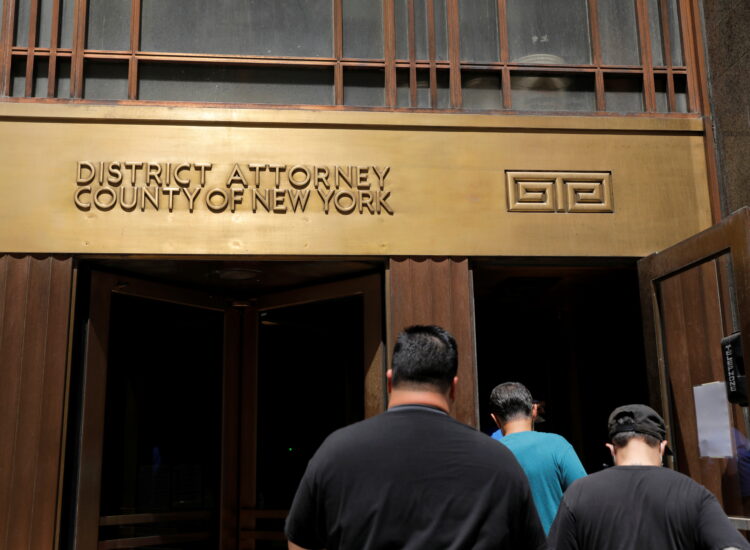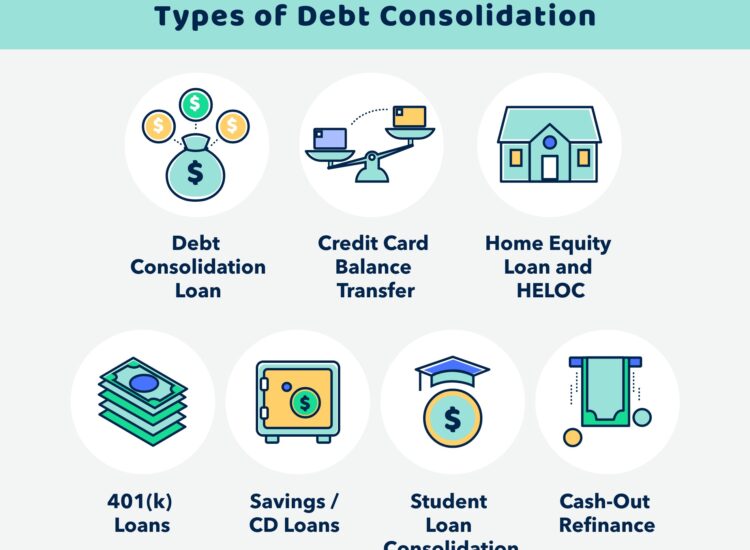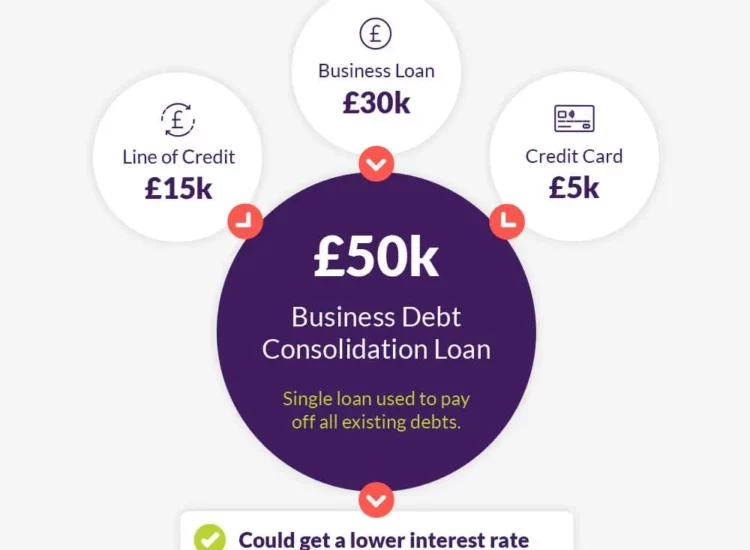Navigating a divorce in New York City can be one of the most challenging experiences in a person’s life, filled with significant financial and emotional strain. Therefore, finding the best divorce lawyer NYC is crucial for ensuring a favorable outcome, whether your case is uncontested or contested. The right attorney can greatly influence the length, cost, and ultimate result of the divorce process. This comprehensive guide is designed to help you find the right legal representation.
Toc
- 1. Understanding Different Types of Divorce in NYC
- 2. Navigating the NYC Divorce Process and Timeline
- 3. Related articles 01:
- 4. Key Issues in NYC Divorces: Child Custody, Support, and Property Division
- 5. Finding the Best Divorce Lawyer for Your Needs in NYC
- 6. Related articles 02:
- 7. Addressing Common Misconceptions and Frequently Asked Questions
- 8. Conclusion
Understanding Different Types of Divorce in NYC

Divorce proceedings in New York come in various forms, each with unique characteristics and implications for the individuals involved. Understanding these types can help you choose the best path for your situation.
Contested vs. Uncontested Divorce
Divorces in NYC are primarily classified as contested or uncontested. An uncontested divorce occurs when both spouses agree on all major terms, such as property division, child custody, and support. This type of divorce often resolves more swiftly and at a lower cost, making it an appealing choice for many couples. Mediation frequently plays a crucial role in these cases, providing a structured environment for negotiation.
Conversely, a contested divorce arises when the parties cannot reach an agreement, leading to litigation and potentially prolonged court battles. The costs and time associated with contested divorces can be significant, making it essential to assess your situation carefully.
Key Points:
- Definition: Uncontested means agreement on all terms; contested means disagreement.
- Cost: Uncontested divorces are generally cheaper.
- Mediation: Important for facilitating agreements in uncontested cases.
- Potential Outcomes: Quick resolution in uncontested cases; lengthy litigation in contested cases.
Moreover, high-conflict divorces can have detrimental effects on children’s well-being. Research has consistently shown that parental conflict negatively impacts child development, leading to anxiety, behavioral issues, and problems in forming relationships. Therefore, opting for an uncontested divorce, when possible, can not only save time and money but also protect children’s emotional health.
No-Fault vs. Fault-Based Divorce
New York recognizes both no-fault and fault-based grounds for divorce. A no-fault divorce allows one spouse to file without proving wrongdoing by the other. The most common reason is that the marriage has irretrievably broken down for at least six months. In contrast, fault-based divorces require proof of specific grounds, such as adultery, abandonment, or cruel treatment.
While fault-based divorces were once prevalent, no-fault filings have become increasingly common due to their straightforward nature.
Key Points:
- Definition: No-fault does not require proof of wrongdoing; fault-based requires specific reasons.
- Legal Requirements: No-fault requires six months of a broken marriage; fault-based requires evidence.
- Common Scenarios: No-fault is often simpler; fault-based can be contentious.
- Advantages and Disadvantages: No-fault is quicker; fault-based can complicate proceedings.
Summary Divorce
For couples meeting specific criteria, summary divorce may be an option. This streamlined process is available for those married for less than ten years, without children, and with minimal assets. Summary divorces are typically faster and less formal, allowing couples to finalize their divorce with reduced legal complexity.
Key Points:
- Eligibility: Couples married under ten years, no children, minimal assets.
- Streamlined Process: Quicker resolution.
- Advantages and Limitations: Less complexity but not suitable for all cases.
Understanding the divorce process in New York City helps set realistic expectations and reduces anxiety during this challenging time. The divorce process generally consists of several distinct phases.
Preparing for the Initial Filing
The process begins when one spouse files a divorce petition with the family court. Gathering necessary documentation, such as financial records and information about marital assets, is crucial. An initial consultation with your attorney will provide a comprehensive overview of your case, allowing you to outline your goals and expectations.

2. https://thuyphannota.com/mmoga-finding-the-best-divorce-attorney-in-houston/
3. https://thuyphannota.com/mmoga-best-lawyer-seo-dominate-search-results/
4. https://thuyphannota.com/mmoga-find-the-best-lawyer-for-medical-malpractice-in-milwaukee/
Key Points:
- Filing a Petition: The first legal step in the divorce process.
- Required Documentation: Financial records and asset information.
- Initial Consultation: Outlining goals and expectations; understanding legal fees.
Discovery and Information Gathering
After filing the divorce petition, the next phase often involves negotiation and settlement discussions. This stage may include mediation, where a neutral third party assists both spouses in reaching an agreement. Effective negotiation can lead to a quicker and less contentious resolution, helping both parties save time and money.
Key Points:
- Negotiation Strategies: Importance of communication and compromise.
- Role of Mediation: Facilitates agreements between spouses.
- Settlement Agreement: Benefits of reaching a mutual agreement.
- Potential Pitfalls: Risks of unresolved issues leading to litigation.
Litigation: When Negotiation Fails
If negotiations break down and a settlement cannot be reached, the case may proceed to litigation. This phase involves court appearances and potentially lengthy legal battles. The timeline for contested divorces can vary greatly, with some cases taking months or even years to resolve. Factors such as the complexity of the issues involved and the willingness of both parties to negotiate can significantly influence the duration of the divorce process.
Key Points:
- Court Procedures: Overview of what to expect in court.
- Potential Outcomes: Rulings made by the judge based on presented evidence.
- Factors Affecting Timeline: Complexity and negotiation willingness.
- Cost Implications: Legal fees can increase significantly during litigation.
Key Issues in NYC Divorces: Child Custody, Support, and Property Division
Divorce often raises complex issues, particularly regarding child custody, support, and the equitable distribution of marital property.
Child Custody Arrangements
In New York, custody decisions hinge on the best interests of the child. Various custody arrangements exist, including sole custody, joint custody, legal custody, and physical custody. Sole custody grants one parent full decision-making authority, while joint custody allows both parents to share responsibilities. Courts consider several factors when determining custody, including the child’s relationship with each parent, the stability of each home environment, and the child’s wishes if they are of sufficient age and maturity.
Key Points:
- Types of Custody Arrangements: Sole vs. joint custody; legal vs. physical custody.
- Factors Influencing Court Decisions: Child’s relationship with parents; home stability.
- Best Interests of the Child: Primary consideration in custody decisions.
- Parental Responsibilities: Defined roles in joint custody arrangements.
However, sole custody arrangements can have drawbacks, such as negatively impacting the non-custodial parent’s relationship with the child and potentially leading to feelings of alienation. It is vital to consider the long-term emotional implications for the child and both parents when navigating custody arrangements.
Child Support Calculations
Child support is typically determined according to the Child Support Standards Act (CSSA), which provides guidelines based on the income of both parents and the number of children involved. Additional factors, such as the child’s needs and the standard of living they would have enjoyed had the marriage continued, may also be considered. Understanding how these calculations work is vital for managing your financial situation after divorce.
Key Points:
- CSSA Guidelines: Framework for calculating support.
- Income Considerations: Both parents’ earnings are taken into account.
- Additional Factors: Child’s needs and lifestyle considerations.
- Enforcement of Orders: Mechanisms in place for ensuring compliance.
Equitable Distribution of Marital Property
New York follows the principle of equitable distribution, which means marital property is divided fairly but not necessarily equally. Courts assess various factors when deciding how to distribute assets and debts, including the length of the marriage, each spouse’s financial situation, and the contributions made by each party, both monetary and non-monetary. Notably, prenuptial agreements may influence how property is divided, protecting certain assets from being classified as marital property.
Key Points:
- Equitable Distribution Principles: Fair, not equal division of assets.
- Factors Considered by the Court: Length of marriage, financial situations, contributions.
- Role of Prenuptial Agreements: Protecting certain assets.
- Valuing Assets: Importance of proper asset assessment.
Valuing complex assets such as closely held businesses or intellectual property can be particularly challenging in equitable distribution. This often requires expert witnesses, such as business valuators, to ensure a fair appraisal of these assets, adding another layer of complexity to the divorce process.
Finding the Best Divorce Lawyer for Your Needs in NYC
Choosing the right divorce lawyer is critical to achieving a favorable outcome in your divorce proceedings. Several factors should guide your selection process.
Assessing Experience and Specialization
When searching for the best divorce lawyer NYC, consider their experience and specialization. An attorney who focuses on family law, particularly divorce cases, will have the expertise necessary to navigate the complexities of your situation. Additionally, if your case involves specific issues, such as high-net-worth assets or complex custody arrangements, look for a lawyer with a proven track record in those areas.
Key Points:
2. https://thuyphannota.com/mmoga-best-lawyer-seo-dominate-search-results/
4. https://thuyphannota.com/mmoga-find-the-best-lawyer-for-medical-malpractice-in-milwaukee/
5. https://thuyphannota.com/mmoga-finding-the-best-divorce-attorney-in-houston/
- Importance of Experience and Specialization: A focused attorney is better equipped to handle your case.
- Identifying Qualified Attorneys: Research and reviews can help find the right match.
- Reviewing Attorney Profiles: Look for qualifications and relevant experience.
- Areas of Expertise: High-net-worth cases, complex custody issues.
Exploring Affordable Legal Help
Legal fees can vary significantly, so it is essential to understand the cost of hiring a divorce lawyer in NYC. Some attorneys offer NYC divorce lawyer free consultations , allowing you to discuss your case without financial commitment. If cost is a concern, explore options such as legal aid organizations, pro bono services, or attorneys who offer flexible payment plans. Understanding the realistic Divorce lawyer NYC salary can help you budget for legal representation.
Key Points:
- Cost Considerations: Average fees and what influences them.
- Free Consultations: Opportunity to evaluate attorneys without cost.
- Legal Aid Organizations: Resources for affordable legal assistance.
- Payment Plans: Flexibility in managing legal fees.
Effective Search Strategies
Utilizing the right keywords can enhance your search for a divorce attorney. Incorporating terms such as “best female divorce attorney NYC,” “top matrimonial law firms NYC,” “divorce lawyer Brooklyn,” and “uncontested divorce lawyer NYC” into your online searches can yield more targeted results. Take advantage of online reviews and testimonials to evaluate potential attorneys’ reputation and client satisfaction.
Key Points:
- Effective Keyword Searches: Use specific phrases for better results.
- Utilizing Online Resources: Explore attorney directories and legal forums.
- Checking Online Reviews and Testimonials: Assess past client experiences.
- Networking and Referrals: Personal recommendations can be valuable.
Moreover, effective attorney-client communication is paramount. The responsiveness of your attorney can significantly impact your case outcomes. Poor communication can lead to misunderstandings, delays, and even unfavorable results. It’s essential to choose a lawyer who values your time and keeps you informed throughout the process.
Addressing Common Misconceptions and Frequently Asked Questions
As you navigate the divorce process, it’s essential to address common misconceptions that can lead to confusion or misinformation.
Common Misconceptions about Divorce in NYC
One prevalent misconception is that marital property is automatically divided 50/50. In reality, New York follows equitable distribution principles, meaning the division of assets may not be equal but rather fair based on various factors. Additionally, many people believe that divorce proceedings are quick and straightforward. However, the complexity of the issues involved can lead to protracted negotiations and potential court battles.
Key Points:
- Addressing Misconceptions: Clarifying the reality of asset division.
- Timeline of Divorce Proceedings: Understanding that complexity affects duration.
- Dispelling Common Myths: Educating clients on the actual process.
Current Trends in Divorce Proceedings
Recent trends in family law, particularly in NYC, highlight the increasing use of collaborative law and online dispute resolution. These methods aim to reduce costs and conflicts by encouraging cooperation between spouses rather than adversarial litigation. Additionally, the COVID-19 pandemic has led to a growing acceptance of virtual court proceedings, allowing for more flexibility and accessibility in navigating divorce cases.
Frequently Asked Questions (FQAs)
Many individuals have questions about divorce costs, spousal maintenance (alimony), and the overall timeline of the divorce process. The average cost of a divorce lawyer in NYC can range widely, typically between $250 to $500 per hour, depending on the lawyer’s experience and the complexity of the case. Spousal maintenance may be awarded to one spouse if the court determines that they cannot support themselves after the divorce, and the duration of these payments can vary based on several factors.
Key Points:
- Average Cost of a Divorce Lawyer in NYC: Understanding what influences legal fees.
- Factors Influencing Cost: Complexity, attorney experience, and case specifics.
- Spousal Maintenance Eligibility and Calculation: Criteria for receiving support.
- Duration of Spousal Support: Variables affecting the length of payments.
Modifying Child Support and Custody Agreements
After a divorce, circumstances may change, necessitating modifications to child support or custody arrangements. In New York, parents can request changes by filing a petition with the family court, demonstrating that significant changes have occurred since the original order. The court will evaluate the request based on the best interests of the child and the new circumstances presented.
Key Points:
- Grounds for Modification: Understanding what constitutes a substantial change.
- Process of Filing a Petition: Steps to request changes.
- Factors Considered by the Court: Evaluating the child’s best interests.
- Demonstrating Change in Circumstances: Evidence needed for modifications.

Conclusion
Finding the right divorce lawyer in NYC is crucial for a successful outcome. This guide has outlined the key considerations, from understanding different divorce types and the legal process to choosing the right attorney and managing costs. Remember to thoroughly research potential lawyers, utilize online resources, and schedule consultations to find the best fit for your specific needs. Take control of your future by seeking legal counsel today, ensuring that you have the support and expertise necessary to navigate the complexities of your divorce effectively.










